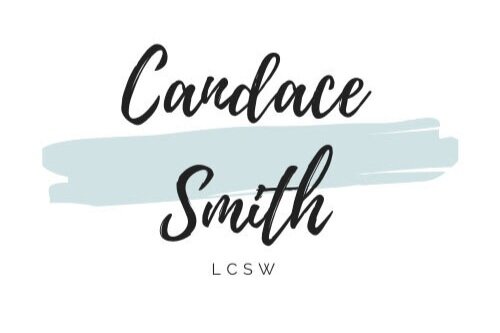Young Adults
It all started when…
I was in high school. I knew I felt different from the other students… I would get so angry or would feel very hurt when my friends seemed to get upset with me or ignore me or argue with me. In college, I once took a bunch of sleeping pills because those extreme feelings would just overwhelm me and I could not see any hope in the future.
I made it through college with some counseling, but once I got a full time job and was living in a new city, I felt completely alone and isolated. I realized I needed to get more professional help so I could learn how to cope with all of these new situations.
The Challenge of Borderline Personality Disorder in Young Adults
The Brain and Behavior Research Foundation features a woman describing BPD as “pretty much the most painful and lonely existence imaginable.”
Young adults with BPD can have unstable relationships, bursts of crippling anxiety, volatile emotions, fear of abandonment, substance abuse, and other severe behaviors.
Getting into therapy with an experienced therapist or going into a residential treatment program can help these young adults learn to cope with their extreme emotions.
“The true nature of BPD is the never ending fear of being forever alone and unlovable.”
Effective Treatment for BPD
DBT is the treatment of choice for young adults with borderline personality disorder. It has been recognized by the Cochrane Collaboration as the treatment with the best chance for positive results in clients with borderline personality disorder.
DBT works because it can successfully increase a clients’ ability to use effective coping skills. It an be powerful in reducing suicidal and self-harming behaviors.
Dialectical Behavior Therapy views the extreme behaviors of those with BPD as attempts to regulate their intense emotions. Clients with BPD often use self-harming behaviors as a way to reduce painful emotions.
DBT helps individuals with BPD learn new skills and strategies so they can begin to balance their emotions, behaviors and thoughts.
Clients receive skills training to learn mindfulness, emotion regulation, distress tolerance and interpersonal effectiveness. The most useful outpatient therapy consists of a weekly session of personal counseling and a weekly session of group skills training.

